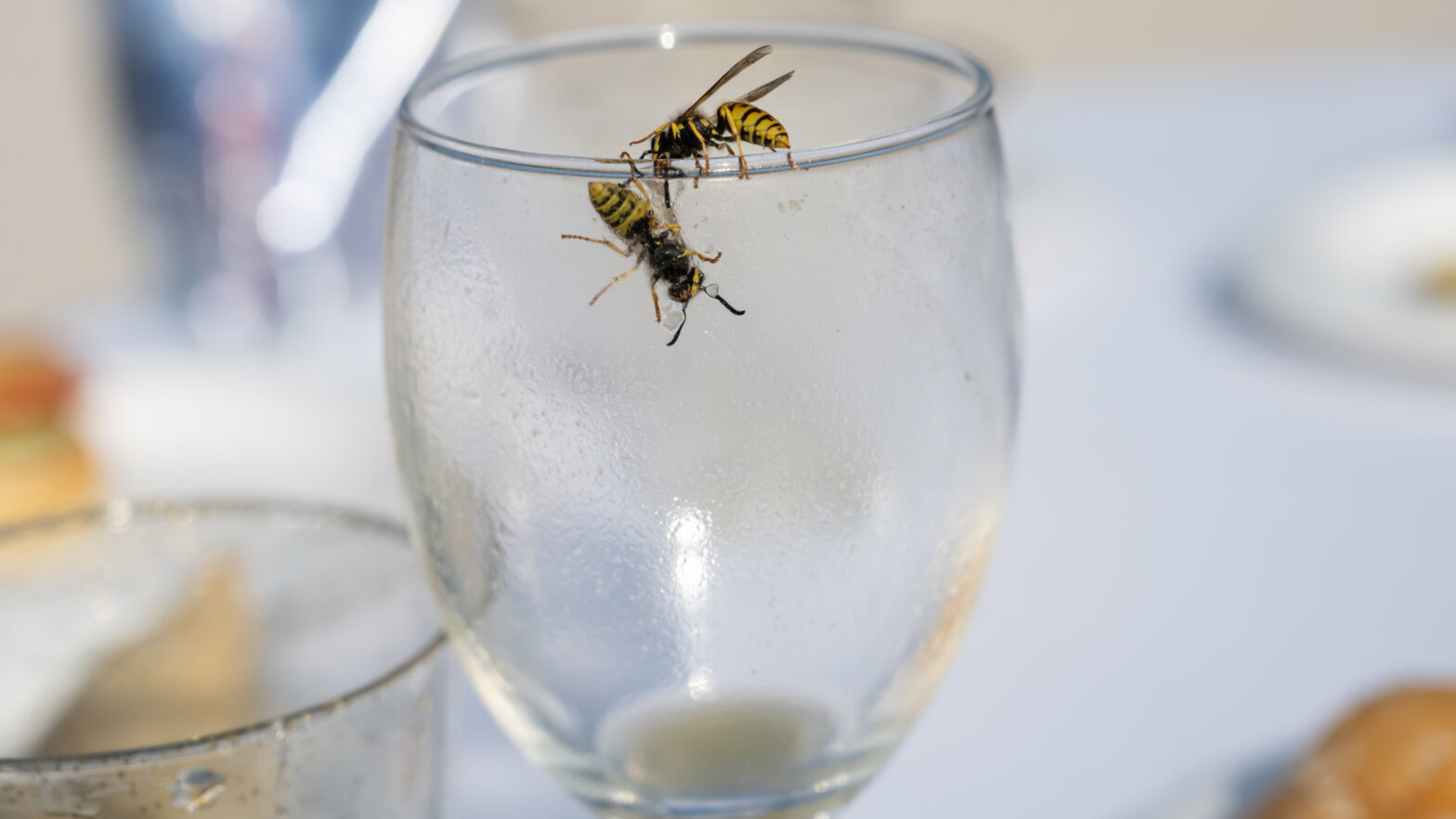Regardless of whether you relax in your garden or organize a summer meeting outdoors, it can often be frustrating when wasps stand in the way.
Such pests can not only become the ultimate annoyance, they can also cause painful bite and ruin their day.
But if you have tried all the deterrent to get rid of wasps and still penetrate your garden, ask yourself why.
Interestingly, an expert reveals the surprising reason why wasps rave about their garden this summer. In addition, it is a frequent mistake that most of us make without realizing it, but could quickly attract wasps for your garden.
So if you want to avoid summer stabbing, the reason why wasps love their garden and tips on how to keep them away.
Bad memory habits
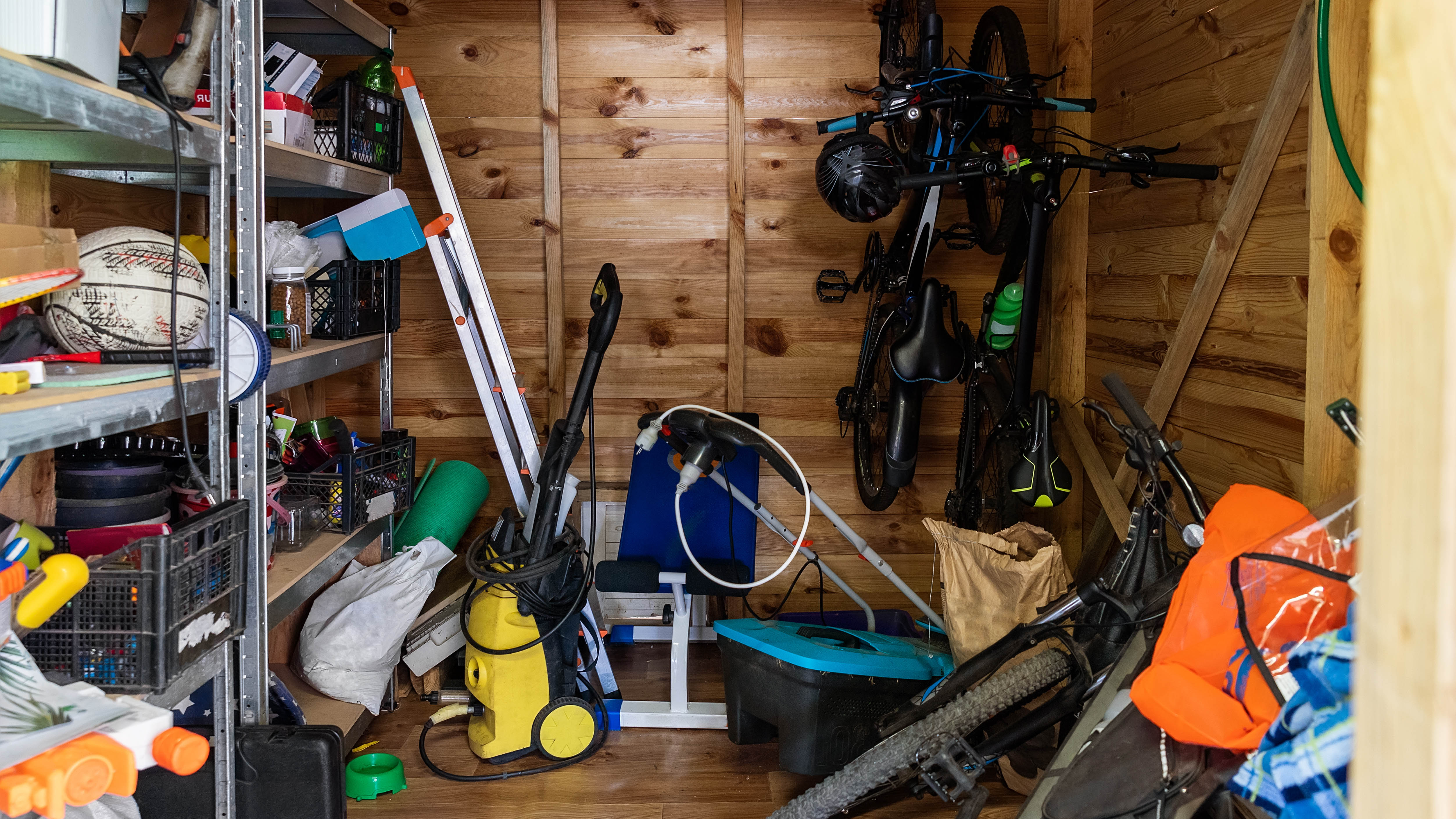
According to an expert, poor memory habits in summer could create the perfect surroundings for wasps to the nest. Think of garden sheds, pillow boxes and deposit containers.
“We often consider storage to clean up the garden, but for wasps it is a prefabricated hiding place,” says Scott Evans, CEO of Pink Storage.
“People often throw things in their scales after a grill or garden party. But wasps love dark, quiet rooms, and if there is a leftover can or food packaging, you will find it.”
Essentially, the most important prevention of intelligent storage is essentially. Therefore, make sure that you place outdoors in the outdoor furniture in airtight, weatherproof, resin case, boxes or warehouse containers.
“Make sure that the pillows are completely dry before storing, and if possible, enter them in airtight liners before you put them in boxes,” he says. “Even a slightly open lid is everything a queen is in.”
3 tips to prevent wasps from building a nest in your garden
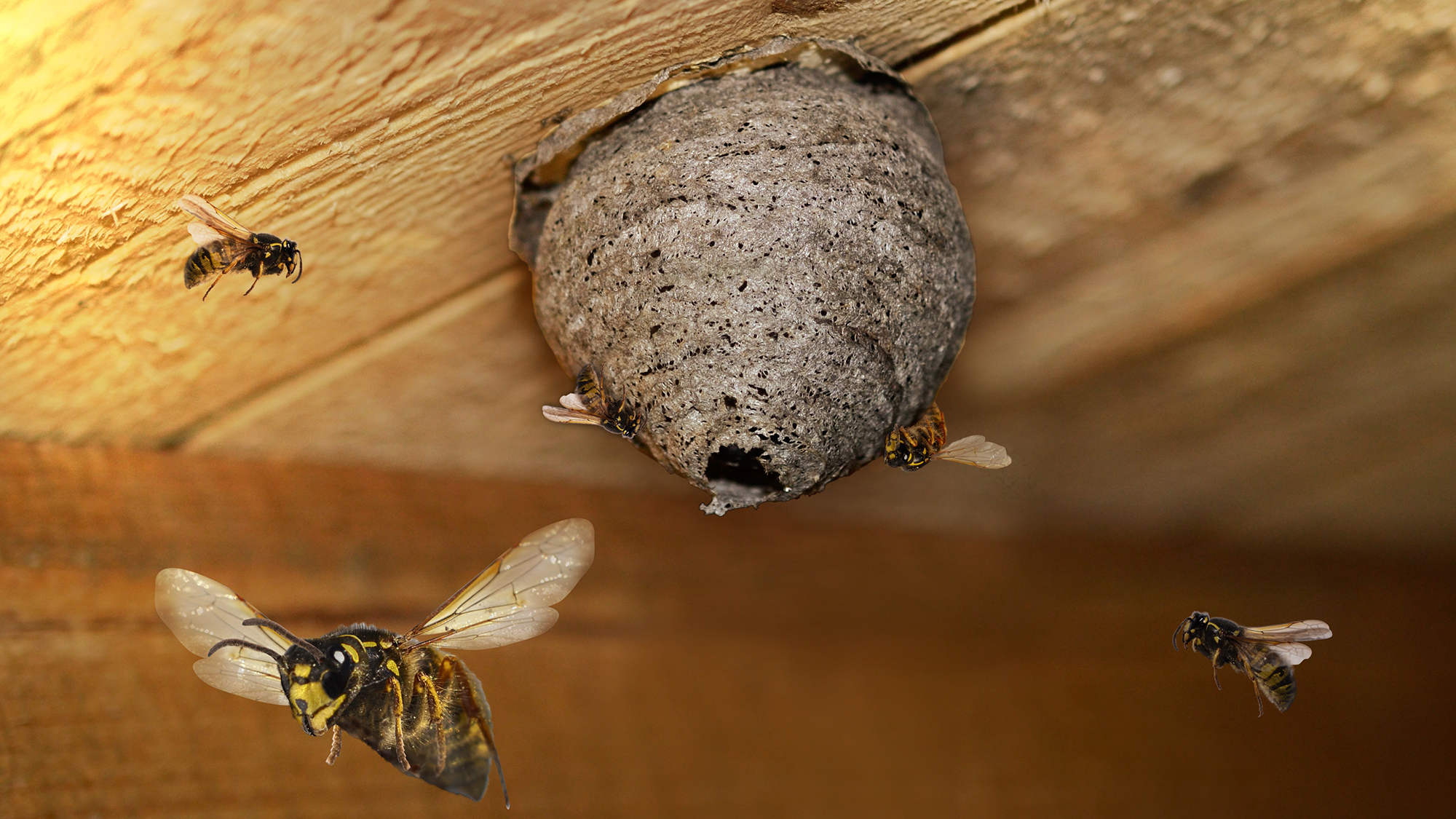
In addition, there are other simple, preventive measures that you can take for the WASP view of your garden. In addition, these are relatively quick and easy to do and will not break the bank.
1. Sealing of the entry points
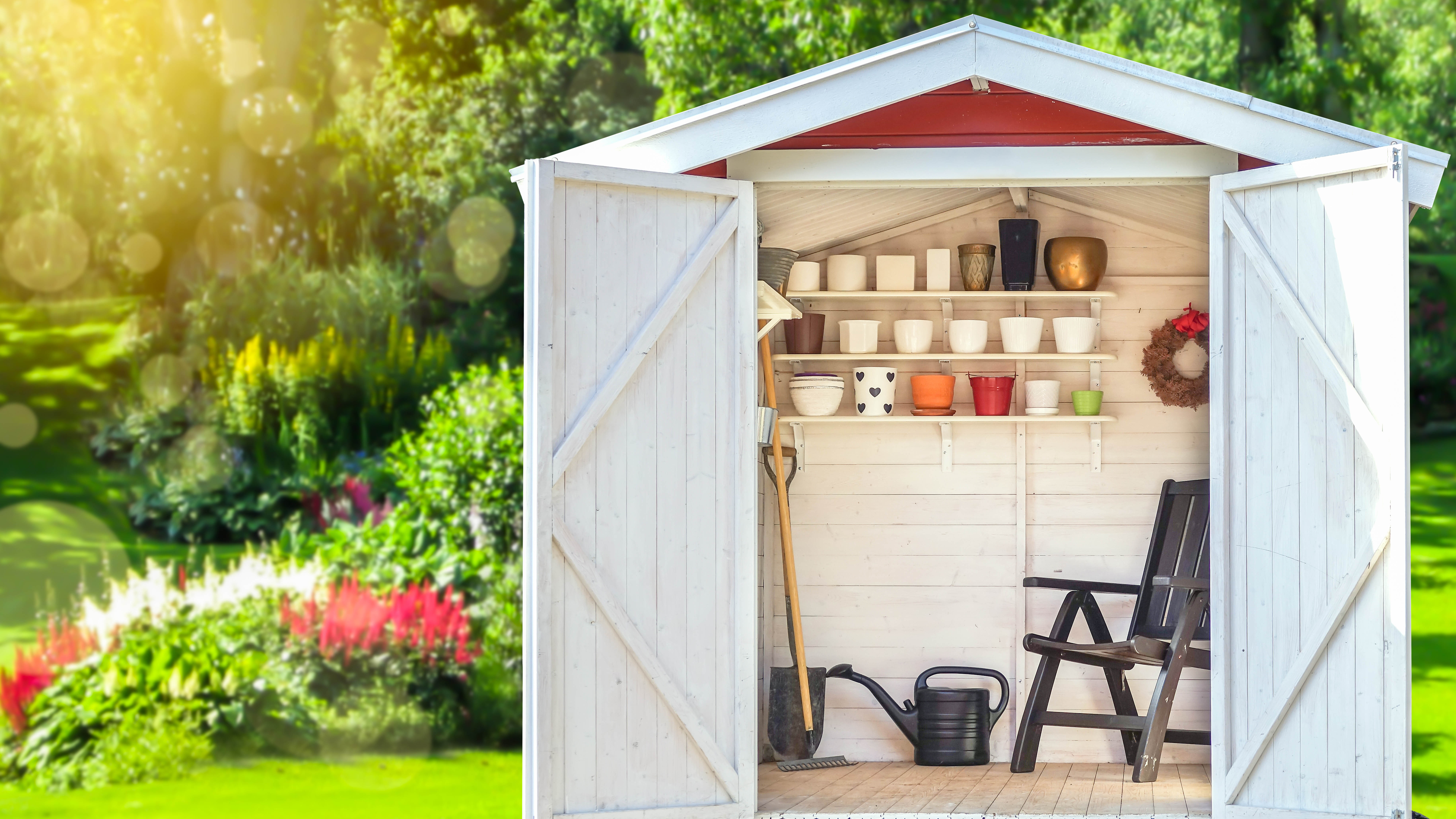
Wasps can get in the way of all cracks or holes in the structure in buildings. It is therefore important to make admission as hard as possible.
Make sure you complete holes or gaps in places such as your scales or outdoors.
“Wasps love calm, undisturbed areas where you can build your nests safely. The number one goal is to make your garden less attractive for you,” explains Evans.
“Check whether you can start and seal the building. You can use a sealant or something as simple as a waterproof adhesive tape.”
2. Put Waspen with scents
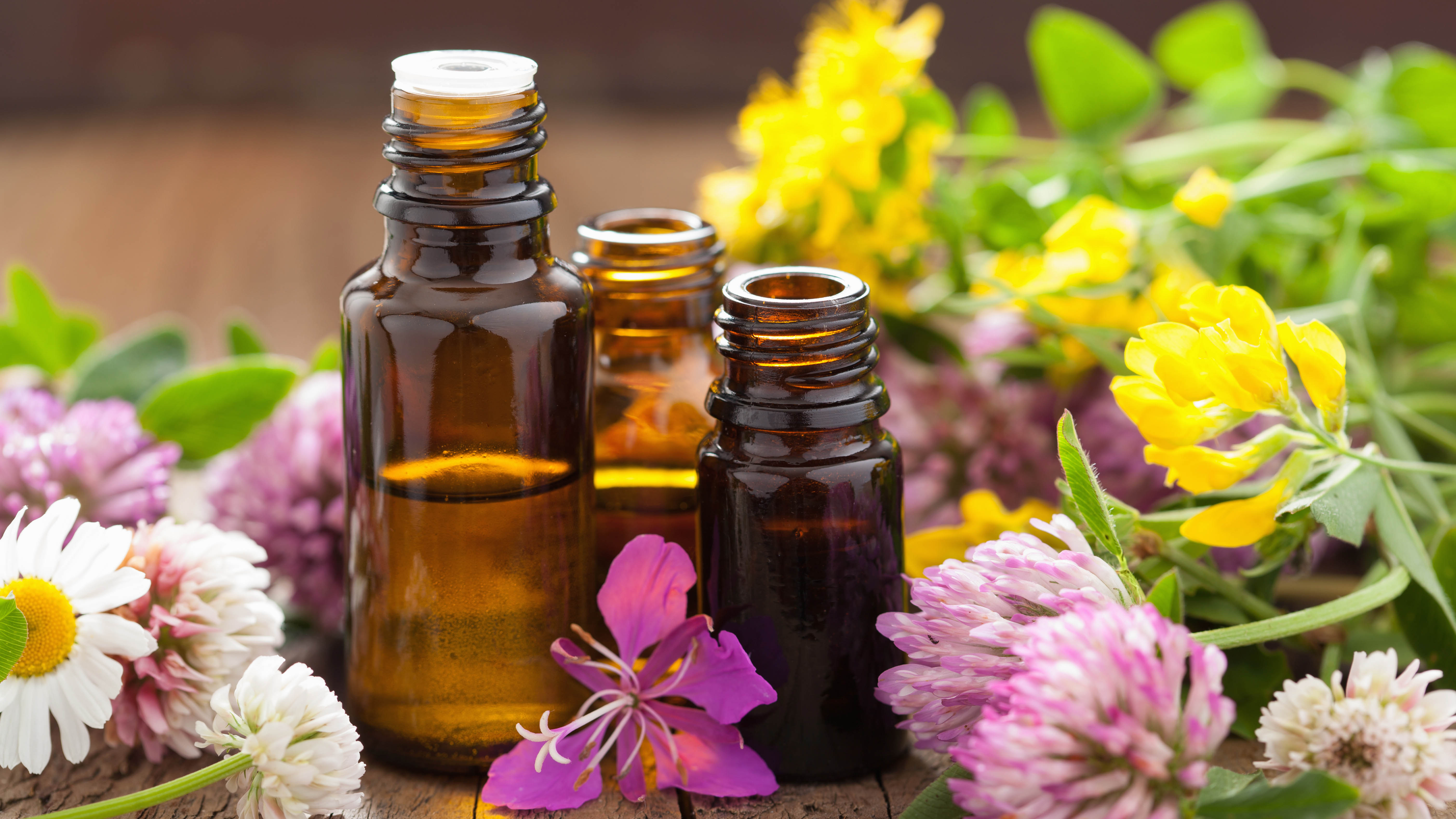
If you prefer an non -toxic rejection, the use of essential oils in the garden can also prevent wasps from nesting.
This is because wasps have highly sensitive antennas that they use to detect fragrances and chemicals in the environment.
Strong essential oils such as peppermint, clove and lemon grass contain compounds can overwhelm these receptors, which means that wasps remain far away.
“Essential oils can affect the navigation system of the wasps and also the danger to the wasps to go near them,” says Scott. “The use of essential oils in the garden is a great way to prevent wasps from nesting in your garden and encouraging you to find a nesting elsewhere.”
3. Always keep your garden clean and tidy
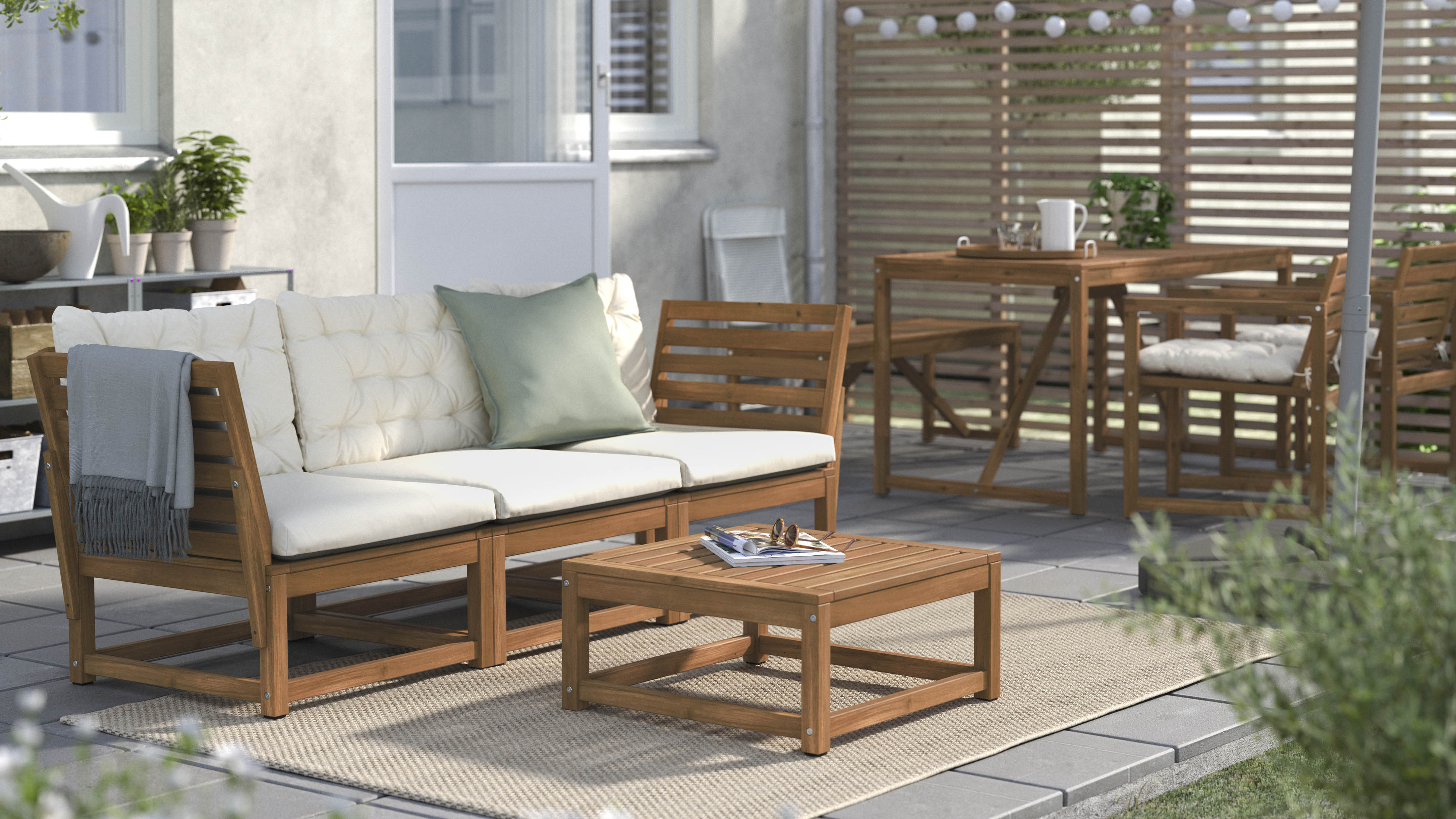
Like most garden pests, wasps are put on by dark, untouched areas of their garden, which are often overgrown, overcrowded or neglected.
“Leaving parts of your garden undisturbed is like a neon sign with the inscription” WESPEL Welcome “,” adds Evans. “To keep wasps away this summer, go in your garden and just move it a little.
Lift unused plant pots, move garden decorations, reorganize your garden warehouse and move your garden furniture every few weeks. Wasps prefer areas that remain undisturbed so that a little movement will prevent it from being. “
Take a look at our top tips to reach a matching farm. Here are the 7 things that you should never miss in your garden-but probably.
Just remember that if you have to do with a wasp nest, do not approach and try to deal with it. If you don't have the right protection, equipment and the right method, this can be very dangerous. Instead, make sure you call a specialist.
